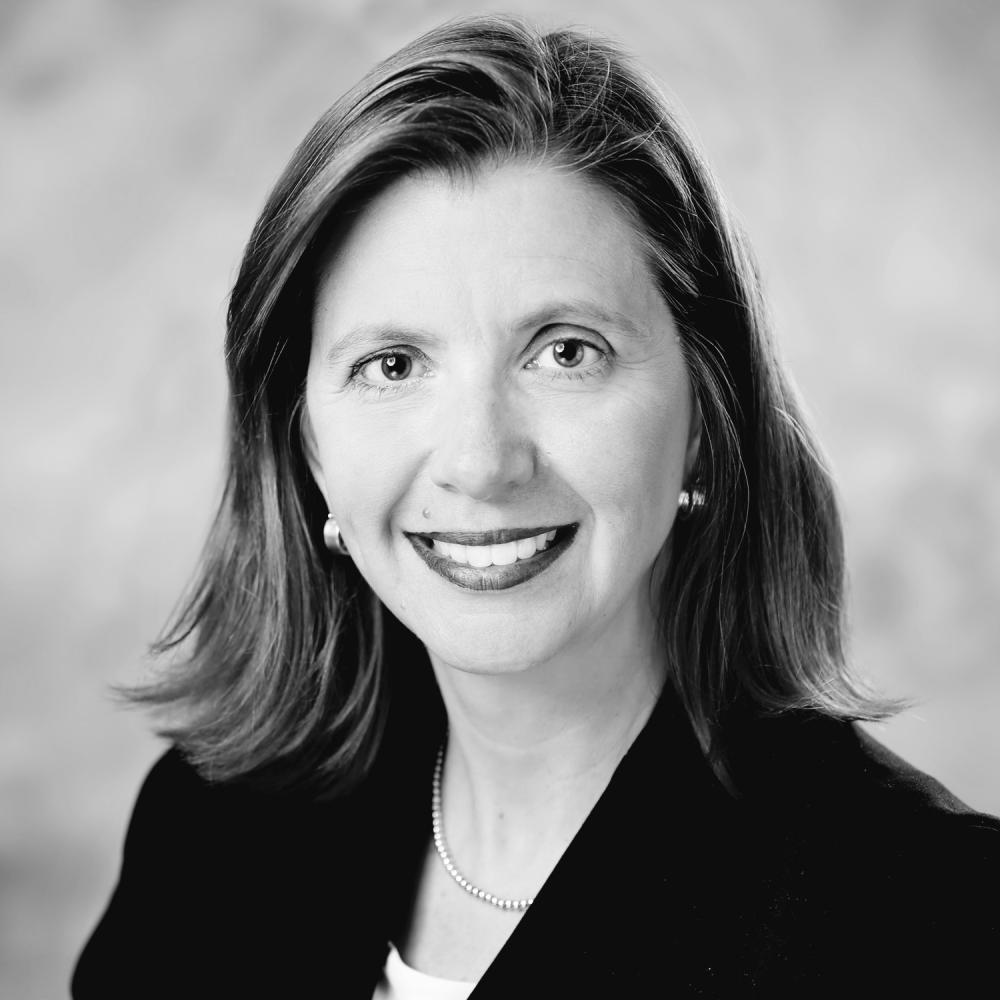
Today, as the world continues to struggle with the more than 86 million metric tons of ocean-bound plastic, computer tech giant HP Inc. announced it is taking another step to keep plastic bottles out of the oceans.
According to the company, the HP Elite Dragonfly laptop—the world’s first PC built with ocean-bound plastics—will include 50 percent post-consumer recycled plastic, including 5 percent ocean-bound plastics from the company’s supply chain in Haiti. HP also committed today to include ocean-bound plastic material in all new HP Elite and HP Pro desktop and notebook computers launching in 2020.
HP adds to its line of products made out of ocean-bound plastic
The Elite Dragonfly laptop is the third HP product to be made with ocean-bound plastics. Others include the HP EliteDisplay E273d and the Original HP ink cartridges.
“Our circular economy strategy is about shifting our production to eliminate waste and enable a system that can sustain our levels of consumption in harmony with nature and our singular planet Earth for generations to come,” said Ellen Jackowski, global head of sustainability strategy at innovation at HP Inc., in a press statement issued today.
In an interview with TriplePundit, Jackowski explained that the company started with 5 percent ocean-bound plastics in this latest endeavor—a seemingly small amount at first glance—to ensure it can be recycled at the product’s end of life before scaling up. “Even though it’s one small component, with our commitment to include ocean-bound plastic material in other desktops in 2020, this represents a huge volume.”
Creating new opportunities for economic advancement and education
To date, HP has sourced more than 1 million pounds of ocean-bound plastics—the equivalent of more than 35 million plastic bottles— for its EliteDisplay E273d and the Original HP ink cartridges from its Haitian supply chain, first developed in 2016 with the help of the First Mile Coalition and supplier partners.
When the HP program began, an informal network of Haitians were already collecting recyclables under hazardous conditions, including an estimated 300 children. Income was not always consistent for the collectors, making it difficult to escape the cycle of poverty so many experienced.
As the program launched, HP and First Mile stepped in to provide the children with educational opportunities, including scholarships, as well as full access to medical care and health and safety trainings. Additionally, partners provided job training for the adult family members of the children who are also working in the landfill. The program has also committed more than $150,000 to entrepreneurs, micro-enterprises and small-to-medium enterprises in targeted neighborhoods.
HP says its partnership with the First Mile Coalition has helped create more than 1,100 income opportunities for adults in the country and has provided 150 children with quality education, food and medical assistance. HP is also working with National Geographic Explorer and professors at the University of Georgia to document the project and women’s roles in waste management in Haiti. The report is expected in early 2020.
In April of this year, HP announced an additional $2 million investment to expand operations and build two new learning centers in Haiti. The investment will fund a new plastic washing line that will allow the program to produce cleaner, higher-quality recycled plastic and enable Haiti to better compete on the international plastics market. For HP, it helps ensure a sustainable source of high-quality recycled materials.
Working with industry leaders to implement change today
In 2018, HP joined NextWave Plastics, a collaborative, open-source initiative convening leading technology and consumer-focused companies to develop the first global network of ocean-bound plastics supply chains.
Today’s announcement marks HP’s ongoing contribution to NextWave member companies’ goal of diverting a minimum of 25,000 tons of plastics, the equivalent to 1.2 billion single-use plastic water bottles, from entering the ocean by the end of the year 2025.
“There are lots of global proclamations and policy changes around ocean plastics being announced, but many don’t even take effect until 2025. What HP is demonstrating is that it is possible to implement change today,” said Dune Ives, executive director of Lonely Whale, the convening entity for NextWave Plastics, in an interview with Triple Pundit. “HP and other NextWave member companies are illustrating that change at scale is possible.”
Beyond Haiti, NextWave also has established programs supplying various plastics used in products, such as nylon, high density polyethylene (HDPE) , polypropylene (P/P) and polyethylene terephthalate (PET), in the Philippines, Indonesia, Chile, Cameroon, Spain and Denmark. Future sites currently in development include India, Taiwan, Thailand, Vietnam, Argentina, Peru and Uruguay.
”These are nascent markets. Companies are working with small suppliers to build out entire supply chains,” says Ives. “It’s a gradual, evolving process. There is no ocean-bound plastics market to plug into, so these efforts tend to take 18 to 24 months to get off the ground.”
NextWave member companies, including HP, have committed to not only expand the number of products that incorporate ocean-bound plastics, but also to scale up the number of places around world where they source the material.
By doing so, Ives says, companies demonstrate this is part of their business practice -- not a one-off activity. “They are demonstrating they are in it for the long haul and, in the process, helping to inspire consumers, other corporations and their competitors to do as much as they can to solve for the ocean-bound crisis.”
Image credit: HP

Maggie Kohn is excited to be a contributor to Triple Pundit to illustrate how business can achieve positive change in the world while supporting long-term growth. Maggie worked for more than 20 years at the biopharma giant Merck & Co., Inc., leading corporate responsibility and social business initiatives. She currently writes, speaks and consults on corporate responsibility and social impact when she is not busy fostering kittens for her local animal shelter. Click here to learn more.














